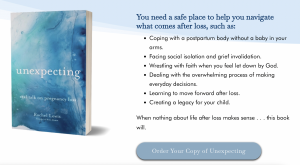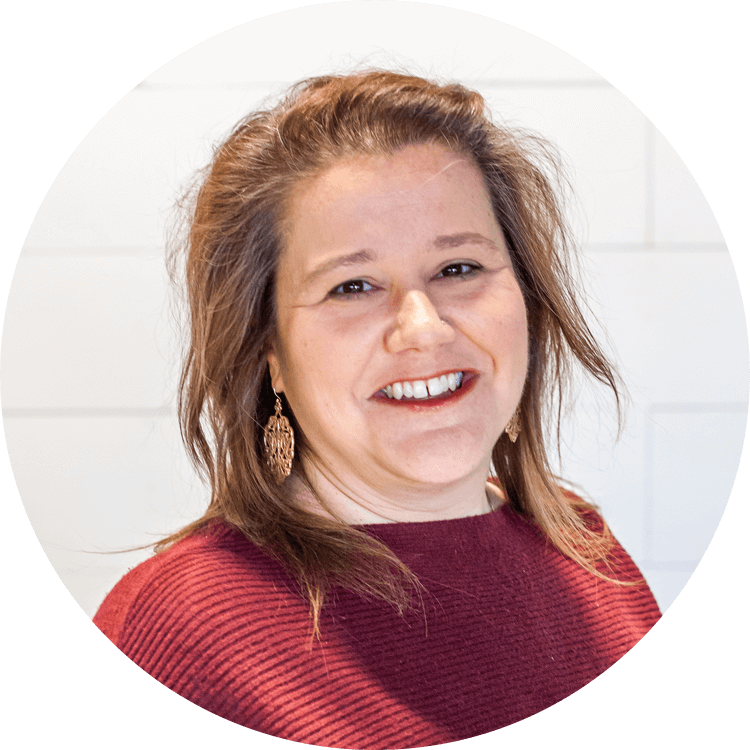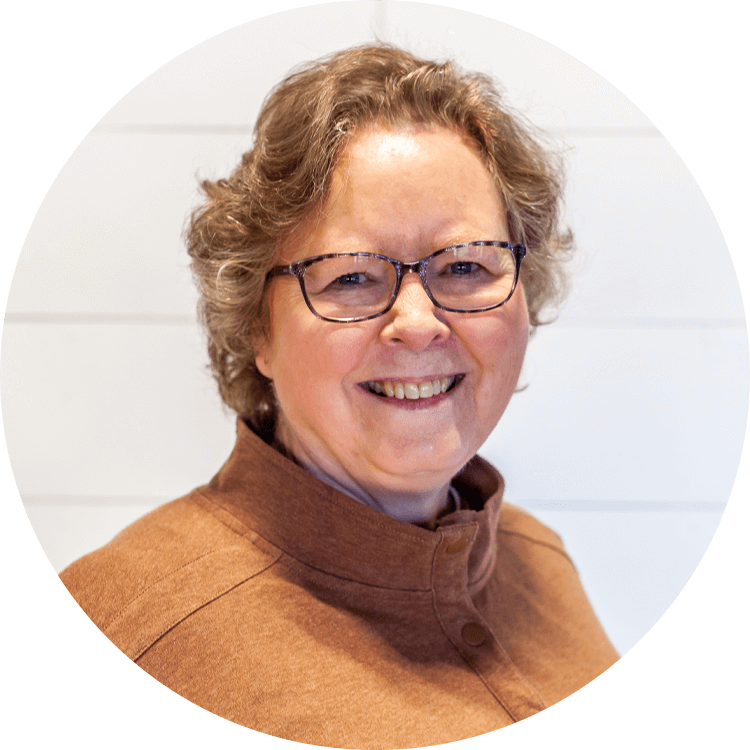“Why don’t you just adopt?’ they say — but you know that there’s a lot to consider before you adopt after infertility or loss.
Of course, your friends and family ask this with the best of intentions (and perhaps a healthy dose of naivety). They ask it because they love you and they hate to see you hurt. Perhaps even more than that, they hate that they can’t do anything to fix your pain.
And adoption seems to offer a viable balm to bring you comfort. After all, a child needs a family. You want a child. Problem (and grief) solved, right? Not so much.
Adoption is not a bandaid for grief. It doesn’t fix it or make it go away. And adoption is not a stand-in for having a biological child. (Just as having a biological child is not a stand-in for adoption).
So can you adopt after infertility or loss?
Yes. (A complicated and complex yes . . . but a yes all the same.) Adoption may not be simple. But it still might be the right next step for your family.
Before you adopt after infertility or loss (or accept another match), here are 5 things to consider:
1. Adoption is not an easier way to grow a family.
Can we start with the big elephant in the room? Adoption is not an easy way to grow a family. Adoption is not simple and it is not risk-free. Adoption may not be any faster than trying for a biological child. And it comes with no guarantees.
Medically speaking, adoption is less risky than pregnancy for the adoptive family. But let’s not minimize that pregnancy has happened or will happen for a mother. There are no guarantees a child will make it through pregnancy. The birth may cause emotional and physical duress for the biological mother. And there is no guarantee that what the baby experienced in utero or shortly after birth has not profoundly changed them. So adoption is most definitely not physically risk-free.
Furthermore, adoption comes with other risks. Just to name a few: Getting attached — and then the biological family embraces their right to parent. A social worker changes their mind after matching you with a child. A sudden change in laws affects a pending adoption. Your matched child’s country shuts down before you are given the go-ahead to travel to meet them. Not all adoption agencies and workers are ethical — so even with careful research, you may unwittingly participate in an unethical adoption. You can’t raise the necessary funds to complete an adoption. You foster a child whose primary plan was adoption, only for it to change to reunification years into the case. Going years and years without a single match.
Not to mention all the additional steps it takes to adopt. (Okay, you twisted my arm. I’ll mention it.) Did you have to complete 60 hours of parenting classes before you were allowed to leave the hospital after birth? (I’m guessing they just checked your car seat.) Did you complete a background check where you listed your last five addresses and provided character references before you could try to conceive? Did an inspector check that your water heater was not too hot, your medicine is locked up, and you keep cleaning supplies out of reach? Did you have to fundraise an obscene amount of money, learn as much as you can of another language and another culture, work with an agency to complete an intimidating amount of paperwork from another country, and fly halfway across the world only to spend your first days or weeks with your new child away from your significant other while living out of a hotel?
I’m guessing not.
This is not a debate on which family planning method is easier than the other. This is a reminder that no matter how you grow your family, there are risks. Your path to parenting will come with challenges you didn’t expect. And that’s true whether you try to adopt — or you try to have a biological child.
2. A child’s trauma can trigger your trauma.
Adoption is always born from trauma. That is true even in the most ideal circumstances: The healthiest of families, the most open of adoptions, and the safest of circumstances. Even still — a child who has been adopted has experienced trauma that is stored in their body. And at some point, that trauma will make itself known.
Likewise, infertility and baby loss are considered major losses in life. And in most cases, parents experience these losses as traumatic.
When parents adopt after loss and infertility, they have to be aware of how their child’s trauma may be triggering their own — and they must also be aware of how their trauma responses might trigger their child. This requires a lot of self-awareness. And a lot of intentional grief work. As I wrote in my book about what to consider when you adopt after loss or infertility. . .
“You cannot help another person heal if you are just barely treading water yourself.”
~ Rachel Lewis (from Unexpecting)
Jumping from one trauma right into another can be a recipe for a very difficult adoption. So consider how well you are swimming along with your own losses before adopting. Consider what supports you’ll need in place to help you moderate your own trauma response. And then do what it takes to begin to heal so you can help your child carry their trauma.
3. Adoption should be about providing a home for a child — not providing a child for your home.
Okay, I will be the first to tell you this one can get so messy. When there is nothing that you want more than to snuggle a baby, or become a mom for the first time, or see your child with a sibling — it can be so easy for our hearts to slide into the “but I want another child” mode. First — let me say wanting another child is not wrong. Generally speaking, the human race has a biological drive to want to have kids. However, trying to fill a void in your heart or your family should not be the reason you adopt. Let me explain.
When you come to adoption wanting to expand your family with a child, you are coming to adoption with the expectation that a traumatized child will meet your need. Maybe a child who just lost their family. Or their country. Or their home, complete with all their prized belongings. Or a child who has been through so many placements, their ability to attach to you is crippled. This puts an unfair burden on a child who is already carrying more burdens than one can imagine.
I’m not saying adopted kids can’t be resilient and exceed all hopes and expectations. And I’m not saying that it is wrong to find joy in caring for them and wanting to celebrate them. What I AM saying is that it’s not fair to burden a traumatized child with the expectation that they must meet a need in you. You and I — we’re the adults here. We are responsible to meet our own needs — not our children.
So when infertility raises its ugly head — and baby loss sucks you deep in grief — remind yourself that adoption has to be about providing love and a family for a child in need. And not to provide you with a child to love.
4. Adoption is not second place or a consolation prize.
Inherent in the “just” adopt question is the underlying understanding that the families who should “just” adopt are the ones who are struggling to have biological children. It’s not as though we just casually say over a glass of wine with friends, “So — when are you two going to adopt?” when they are young, childless, and presumably quite fertile.
Biological procreation is expected — while adoption is the exception.
This mentality treats adoption as secondary and less than. As though since you couldn’t have the “first prize” of having a living, biological child — you at least get the consolation prize of adopting another family’s biological child.
But adoption is not a lesser way to become a family. It’s just a different way. A way that may have more trauma to work through — yes. (But also, who’s to say biological children are spared from early childhood trauma?)
Yet the bonds are real. We don’t come to adoption and say, “Well, this here is my bond for my living children. This is a completely different bond with my baby who died. And this here is my lesser bond to my adopted child.” We come to adoption just as we come to birth: open, waiting, expectant, hoping to create a long-lasting relationship based on unconditional love. Might there be bumps in that attachment process? Sure.* But that doesn’t mean our bond to an adoptive child and our love for them takes second place.
Adoption will require a certain amount of resolve and determination. When everything hits the fan, you need to know that you chose adoption — not that adoption chose you by default.
5. Adoption can be redemptive — for all parties involved.
Adoption is not just traumatizing. Adoption can be beautiful and redemptive for all parties — biological families, adoptive children, and adoptive families. Like all things that need to be redeemed, adoption includes loss and pain. And finding the beauty in adoption is not meant to overlook the pain.
Finding redemption in a hard circumstance is not the same as finding the reason that it happened. For instance:
- Even if you adopt a child and become the most loving, caring family — that isn’t the reason that your baby died.
- Even if you become a family who helps children who come from the hardest of backgrounds, and you pour into them and help them achieve their potential — that’s not the reason you suffered from infertility.
- Even if your child finds tremendous healing and belonging in your family — that’s not the reason they had to endure the losses and trauma that led to being adopted.
The beauty of redemption does not answer the question of why.
But it does give a resounding answer to “what now?”
“Regrowth does not deny your devastation. Instead the ashes are integral to the beauty.”
~ Rachel Lewis (from Unexpecting)
So should you adopt after infertility or loss?
Only you can decide if adoption is right for your family. But know that even if this wasn’t what you always envisioned for your family, adoption can be meaningful, and redemptive, and a beautiful way to answer the question, “what now?”
*I would be remiss if I glossed over the fact that some adoptive children simply can’t create bonds due to the nature of their trauma. And that can affect an adoptive parent’s ability to bond to them. But I would also argue that the parent’s efforts and desire to bond in the first place means they came to this relationship as hopeful and expectant as any biological parent would. I also need to acknowledge that some biological parents are raising kids who also cannot form bonds or struggle to attach. So attachment difficulties can and do happen in both biological and adoptive bonds.
This is a guest post by Rachel Lewis (www.thelewisnote.com). She is the author of Unexpecting: Real Talk on Pregnancy Loss (August 10, 2021). *Click below to get your copy today! She is the founder of Brave Mamas, an online community offering support to thousands of bereaved moms. Rachel is a well-known contributor to Still Standing magazine and Pregnancy After Loss Support. She’s the creator of Unexpecting: A 4-Week Grief Workshop for Pregnancy Loss for couples. Her work and family have been featured by the Today show, Upworthy, AdoptUSKids, and Babble. Rachel has experienced the loss of five pregnancies, as well as the unique grief of reunifying a foster son with his biological family. Follow Rachel on Facebook at Rachel Lewis, speaker and author. And on Instagram @rachel.thelewisnote.











